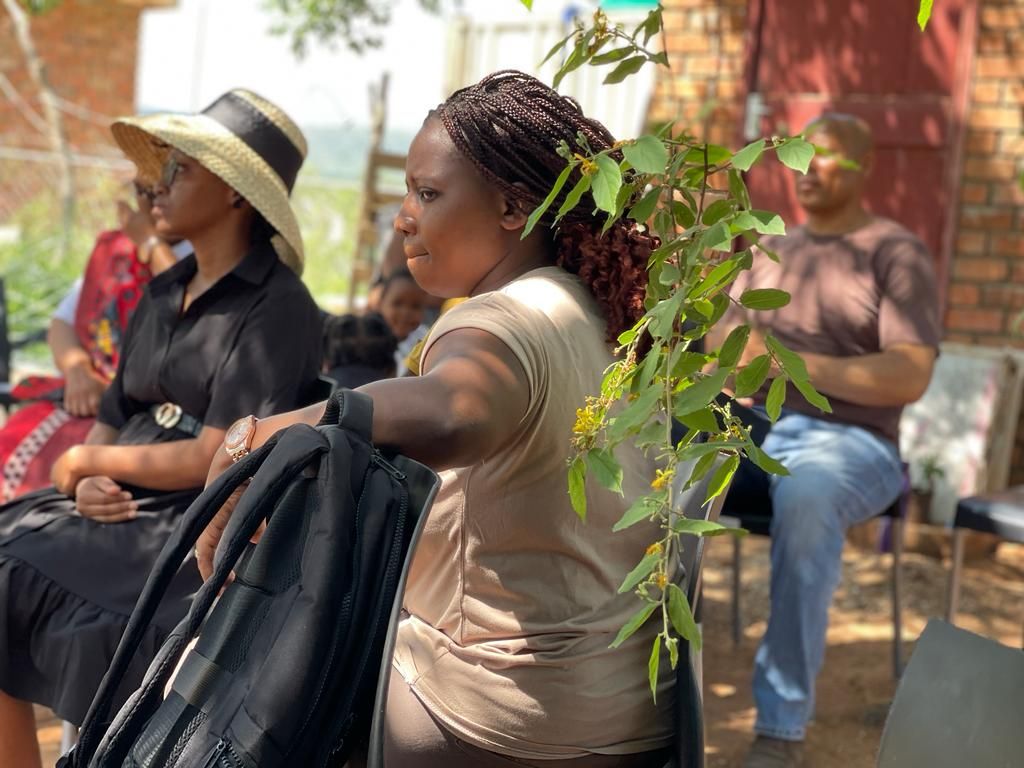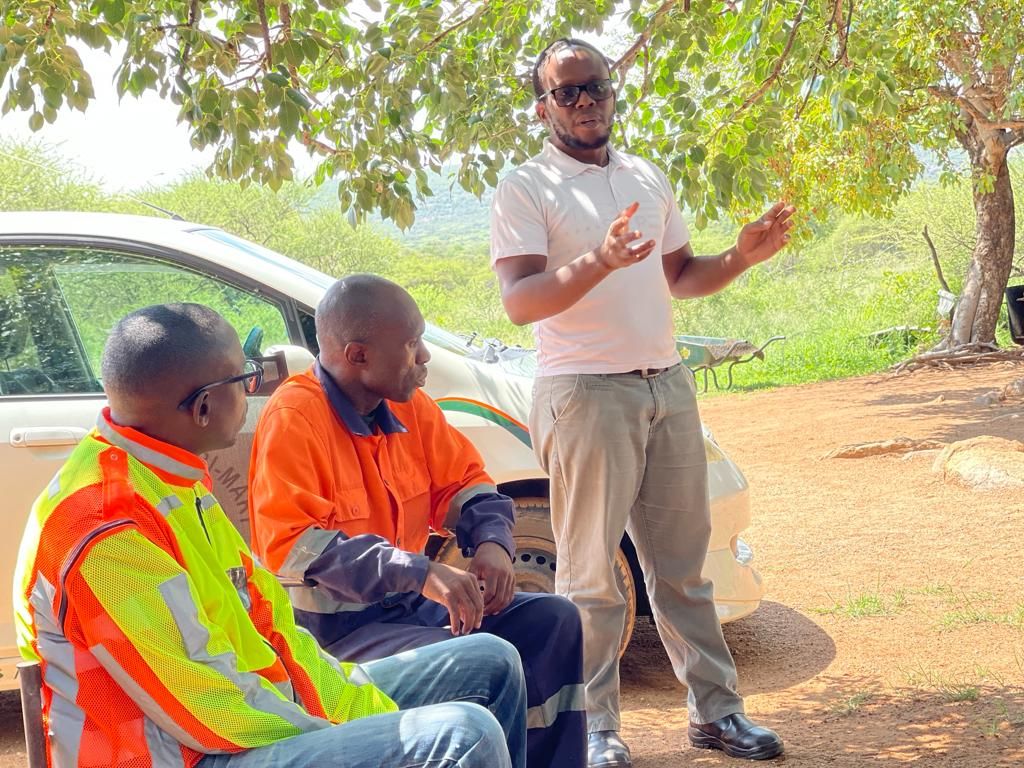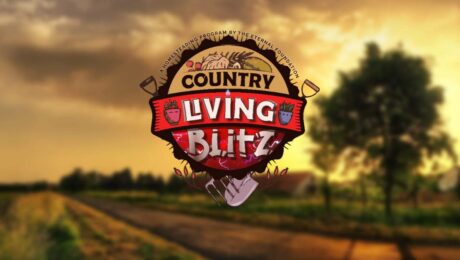Questions Experts Ask Us
On the Sunday morning of January 14th, a diverse group of subject matter experts, including ecological consultants, business analysts, land surveyors, zoologists, geologists, and various engineering and health specialists, convened at the blitz site. Their goal was to assess the feasibility of the project and pinpoint critical areas that require thorough planning and assessment. The following are key questions raised during this meeting, along with responses provided by the Eternal Foundation team:
Q. Market Engagement: How are you ensuring community buy-in and participation? Has a survey been conducted to gauge interest?
To ensure community buy-in and participation, we have prepared invitation letters for local leadership, including the kgosi, dikgosana, area councilor, member of Parliament, Village Development Committee (VDC), Local development trusts, local associations, CSOs, and faith-based organizations. This approach is integral to driving community engagement in the event.
Q. Buy-in from Target Market: What methods are being used to ensure the target market’s turnout for the event?
Several strategies are in place to ensure market turnout. The Country-Living Blitz has been uniquely packaged as a gamified adventure experience, appealing to a broad target market with various participation incentives. Further details can be found in the Blitz Concept Note document.
3. Handling Low Participation: What contingency plans are in place to address potential low turnout?
Our event planning is scalable. We have organized contingency plans for various turnout scenarios, accommodating increments of 20 up to 260 participants.
4. Sponsorship Commitments: Have there been any pledges or commitments from sponsors for this project?
As of this report, we have secured five bronze level sponsors, including a management consulting firm, land survey and mapping consulting company, an aerial drone operating business, a natural health service consultant, and engineering consultants. A complete list of current commitments is available [here (link)]. Various incentives are provided for potential partners.

Q. Funding for Engineering: What strategies are in place for financing the engineering aspects of the project?
We are actively seeking partnerships with mechanical engineering companies and heavy plant and machinery/equipment providers. Currently, we have secured consultant commitments and are exploring alternative strategies should we not secure heavy plant provider commitments.
6. Water Management: Given water as a limiting factor, what measures are being implemented to address this challenge?
Short-term: For the event, and its associated activities, we intend to use a water bowser and water storage tanks to sustain operations during the blitz.
Long-term: We are currently devising strategies to overcome water limitations, focusing on sustainable water management practices that align with the project’s objectives. For instance, construction of water harvesting and management features like swales, ponds, stories tanks, and sustainable regenerative agriculture practices like no-till and field ripping.
Q. Defining Self-Sufficiency: How is self-sufficiency defined within the context of this project, especially regarding off-grid living?
A detailed explanation of self-sufficiency within the context of this project is provided [here (link)]. Nonetheless, the Country Living blitz is designed, planned, and organized as a means to establish sustainable regenerative ecosystems that support all life. However, at the conclusion of the project, we are not promising delivery of a fully regenerative ecosystem; rather the blitz is designed to ignite the process of establishing such a system.
Q. Current Resources: What resources and infrastructures are already available for the project?
Available resources include a tractor with implements, a tipper truck, a flatbed truck, and three vehicles. Managing operational costs remains a concern, and additional resources are necessary for the project’s success. For more details, please [contact us].
Q. Navigating Engineering Challenges: What approaches are being taken to address engineering challenges within the framework of communal country living?
Our approach involves integrating traditional engineering solutions with sustainable practices suitable for communal living. More information will be provided as the project develops.

Q. Staffing for Health and Education Programs: What are the financial plans for compensating health workers and bible school instructors?
Compensation plans for facilitators and volunteers are in place, relying on funding from sponsors and other sources. Details can be found in the blitz Concept Note document.
Q. Project Scaling: Is there consideration for initiating a smaller-scale blitz with a streamlined team?
Yes, we have developed contingency measures and strategies for a smaller-scale version of the blitz, if necessary.
Q. Setting Clear Expectations: How are expectations being communicated and managed to ensure productive meetings and goal achievement?
Clear agendas guide our meetings and stakeholder engagements. We are committed to transparency, regularly reporting on all engagements and making them accessible on our website. The event objectives, agenda, and program are also available online.
Q. Physical Activities and Construction: What are the plans for physical activities like building raised beds?
Details about physical activities and construction plans are outlined in the project scope document.
Q. Funding: How exactly is this initiative funded?
The initiative is funded through a combination of donations, grants, and sponsorships from both local and international partners and donors. We are continuously exploring various funding avenues to ensure the success and sustainability of the project.
- Published in Blitz, Blitz Reports, Events, Governance Factors, Public Engagement, Reports


